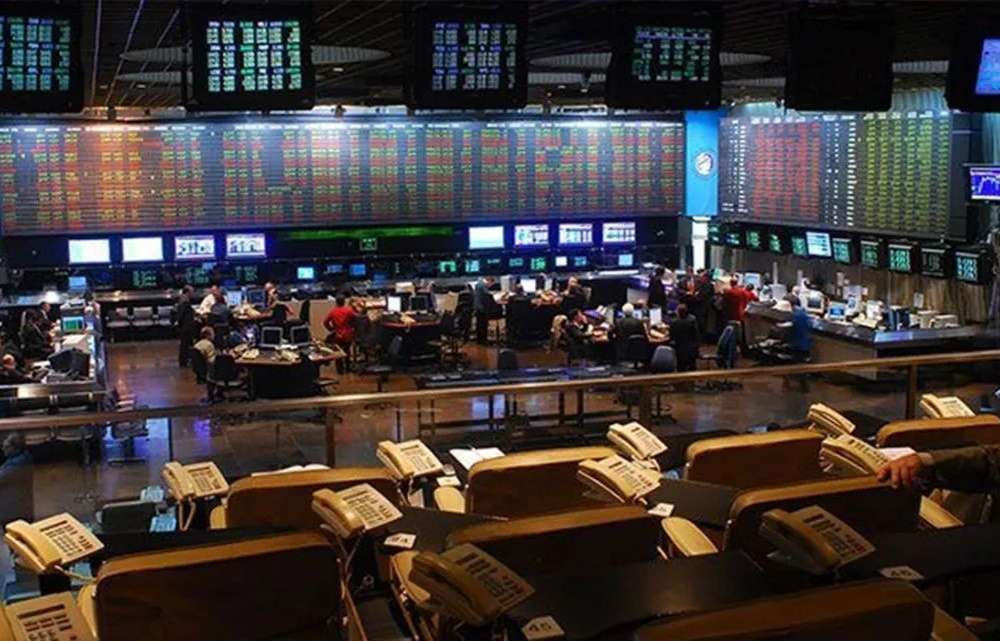Goldman asserts that the removal of foreign exchange controls in Argentina is crucial for revitalizing initial public offerings. Goldman Sachs suggests that President Milei should begin dismantling capital and currency controls to attract equity investors. Goldman Sachs Group Inc. asserts that President Javier Milei of Argentina must initiate the removal of capital and currency controls to attract equity investors and maintain a bullish trend in the domestic stock market. “For markets to function effectively, there must be a clear and certain environment that allows for the unrestricted movement of capital in and out of the country. It is evident that the government recognizes this necessity and is actively pursuing measures to achieve it,” stated Max Ritter, Goldman’s head of mergers and acquisitions for Latin America, during an interview.
Milei faces a pivotal challenge with the upcoming midterm elections, which will ascertain his capacity to solidify his economic reforms and gauge public tolerance for his austerity measures. Ritter emphasized that alongside the election, the removal of capital and currency controls is crucial, not only for long-term strategic investors but also for equity investors, to ensure that the changes are enduring. As the outcome of the October vote becomes clearer, energy producers are likely to be among the initial candidates to seek capital, according to Ritter. He noted that these producers generate substantial dollar revenues and are currently capitalizing on a surge in oil and gas production in the Vaca Muerta shale fields of the country.
“This extends beyond merely formulating a strategy to mitigate inflation and curtail the deficit,” Ritter stated. “Argentina is currently experiencing a transition in its production model, moving from a protective domestic industry towards a significantly more export-oriented framework.” However, for Argentine firms to pursue initial public offerings, fund managers must first observe a series of quality follow-on investments from reputable, long-term investors, according to the banker.
Argentina faces a myriad of challenges on the horizon. Foremost among the issues is a persistent apprehension that the removal of currency controls might instigate a run on the peso, exacerbating inflation, which has remained stubbornly resistant to eradication by Milei’s predecessors. The nation is anticipated to recover from a significant recession, with growth projected to exceed four percent this year. Furthermore, there is increasing speculation regarding the imminent establishment of a new program involving the government and the International Monetary Fund.
Foreign investment flows have not kept pace with the commendations directed towards Milei. Since the president assumed office in December 2023, a notable trend has emerged where a number of multinational corporations, such as HSBC Holdings Plc, Telefonica SA, and Mercedes-Benz Group AG, have divested their Argentine operations to local entities. The nation has not witnessed a firm enter the equity market since 2018. It remains uncertain whether Argentina’s nascent recovery will prove to be yet another instance of a false dawn. Capital flowed into the nation following a shift towards market-oriented policies, but subsequently exited when pro-business president Mauricio Macri was defeated by the statist Peronist party in the 2019 election.
Goldman, however, observes indications that the economic recovery could be sustainable. “This time, it appears distinct from previous cycles in Argentina,” Ritter remarked. “Currently, it appears that the populace has grasped the necessity of implementing challenging adjustments to realign incentives appropriately.”

